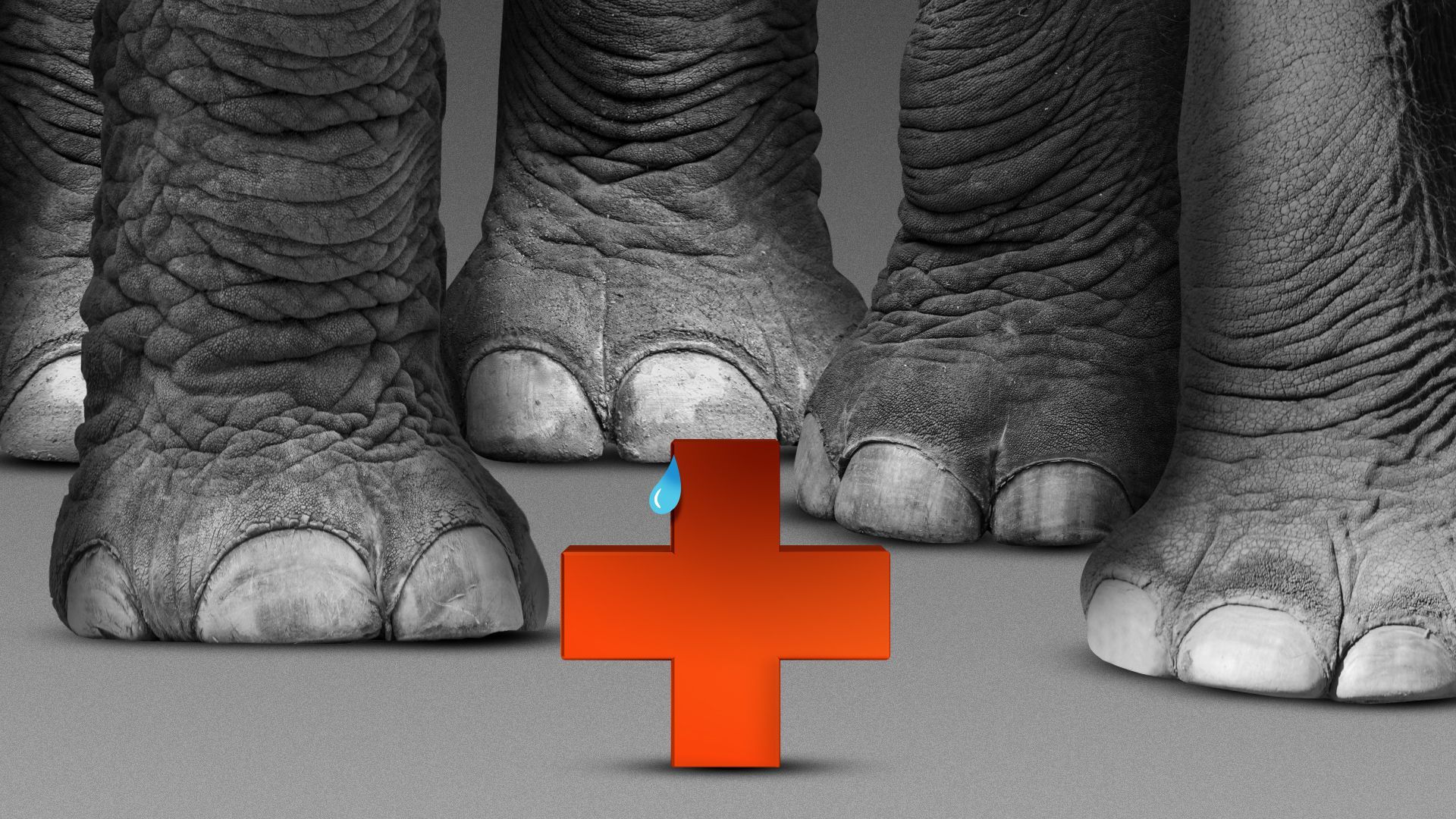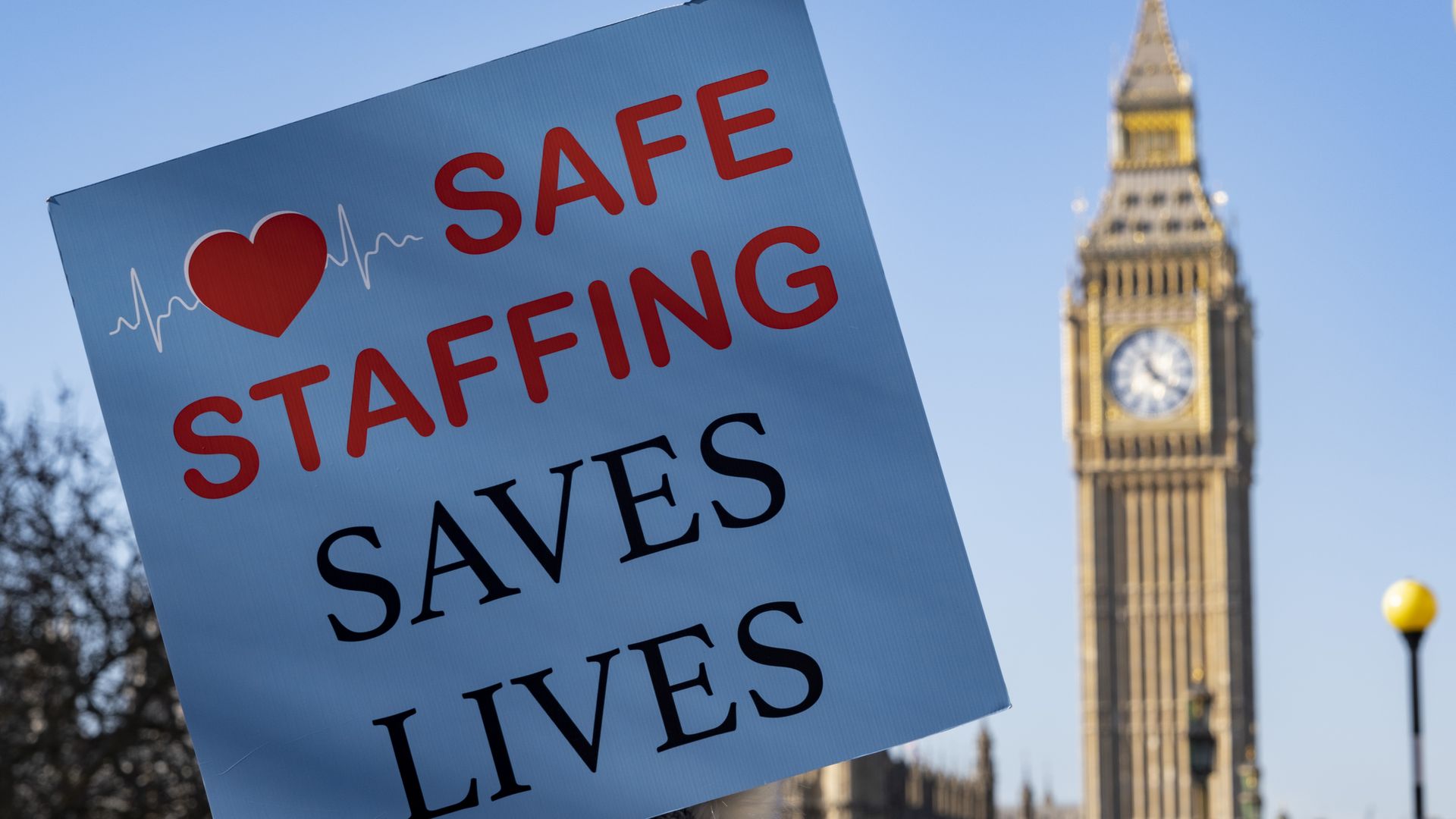| When House Republicans grill Biden administration officials on the COVID-19 response at a hearing today, some of the sharpest questions may surround how the government oversees research on pathogens that can cause pandemics, Axios' Adriel Bettelheim and I report. Why it matters: This House Energy and Commerce Committee hearing is part of a series of inquiries planned by the new GOP majority around the public health crisis. - Lawmakers have demanded documents related to COVID-19's origins amid concerns about "gain-of-function" research that enhances pathogens and can help develop new treatments but that some GOP critics say could have triggered the COVID-19 outbreak.
The big picture: The hearing will feature the heads of NIH, the FDA, CDC and the Administration for Strategic Preparedness and Response. NIH has been the object of a pair of recent critical reports from federal watchdogs for its oversight of risky research. - The findings have fueled Republican calls for a moratorium on gain-of-function projects and brought into focus how the government funds high-risk work at universities, medical schools and other research institutions.
Between the lines: The NIH houses the NIAID, formerly led by Anthony Fauci, who frequently sparred with GOP members of Congress, in particular with Sen. Rand Paul. What they're saying: "It's imperative that we hear from these government health agencies to uncover what decisions were made and why, hold individuals accountable for errors, bolster our pandemic preparedness moving forward, and start on the long road to rebuilding public trust in our institutions," House Energy and Commerce Committee Chair Cathy McMorris Rodgers (R-Wash.), Oversight and Investigations Subcommittee Chair Morgan Griffith (R-Va.) and Health Subcommittee Chair Brett Guthrie (R-Ky.) said in a statement. Yes, but: Experts have warned the politicized nature of the hearings may further erode trust in the government's leading public health agencies. Share this story. | 







No comments:
Post a Comment